Published
- 06:00 am
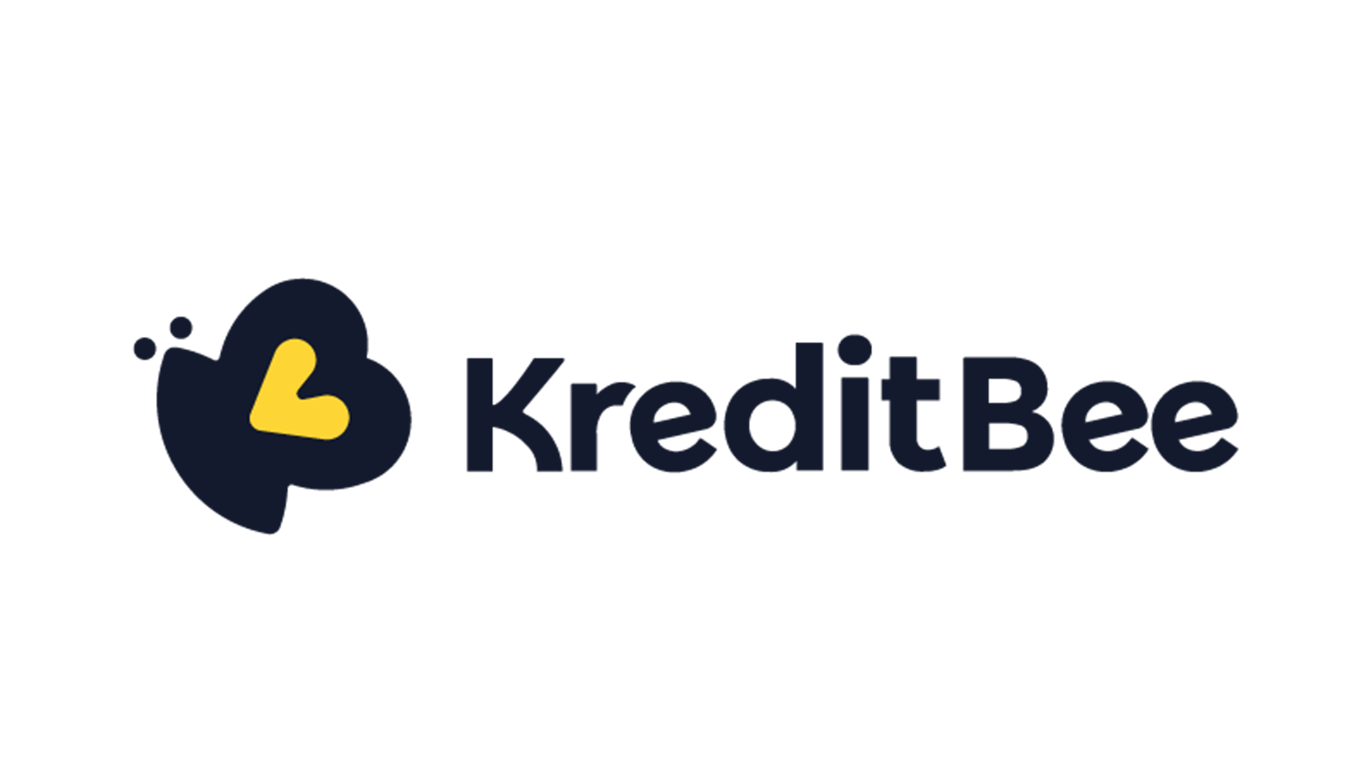
KreditBee, one of India’s leading fintech platforms, has secured USD 80 Million as a part of its ongoing Series-D investment round. The current investment saw active participation from existing investors Azim Premji’s Premji Invest, Motilal Oswal Alternates, TPG-backed NewQuest Capital Partners, and Mirae Asset Ventures. The round also saw participation from MUFG Bank, one of the largest financial institutions in the world.
The funds will be used to diversify KreditBee’s product portfolio and strengthen its tech stack to seamlessly serve the 400 million+ middle India population on its platform. The company offers credit and other personal finance requirements through its in-house RBI-registered NBFC - Krazybee Services Private Limited (Systemically important NBFC) along with partnerships with 10+ renowned financial institutions. The platform is well positioned to cross an AUM of USD 1 Billion+ over the next 6 to 9 months.
Talking about the development, Madhusudan E, Co-Founder & CEO, KreditBee, said, “The investment adds more weight to our vision of encouraging financial independence through a smart digital experience, which is what India stands for today. With the current round, we look forward to expanding our set of solutions to serve our growing consumer base.”
Shashank Joshi, Deputy CEO and Head Global Corporate Banking, MUFG India, said, “KreditBee is run on the ethos of enabling underserved customers easy access to financial products through tech-enabled underwriting. We are very excited to partner with KreditBee in their growth journey of providing financial services to millions of customers.”
“The KreditBee growth journey since inception has been remarkable, and it has spearheaded many innovations in the consumer lending space. We’re confident of KreditBee further consolidating its market leadership position in the coming times,” mentioned Atul Gupta, Partner at Premji Invest.
Further, Vinit Mehta, Director and Head of BFSI at MO Alternate Investment Advisors said, “We are delighted to double down on our investment in KreditBee, which we believe is India’s largest and most profitable lending fintech. The company is solving the credit needs of the growing and aspirational, yet underserved middle-income consumer of ‘Bharat’ through an innovative platform.”
KreditBee currently offers multiple types of personal loans, online/offline checkout finance, and digital gold. The company further plans to diversify its product offering by venturing into digitally-enabled secured loans, home loans, and credit lines. This involves expanding its lending portfolio by introducing financial services like insurance, credit score report, and merchant-side offers, among others.
Related News
- 06:00 am
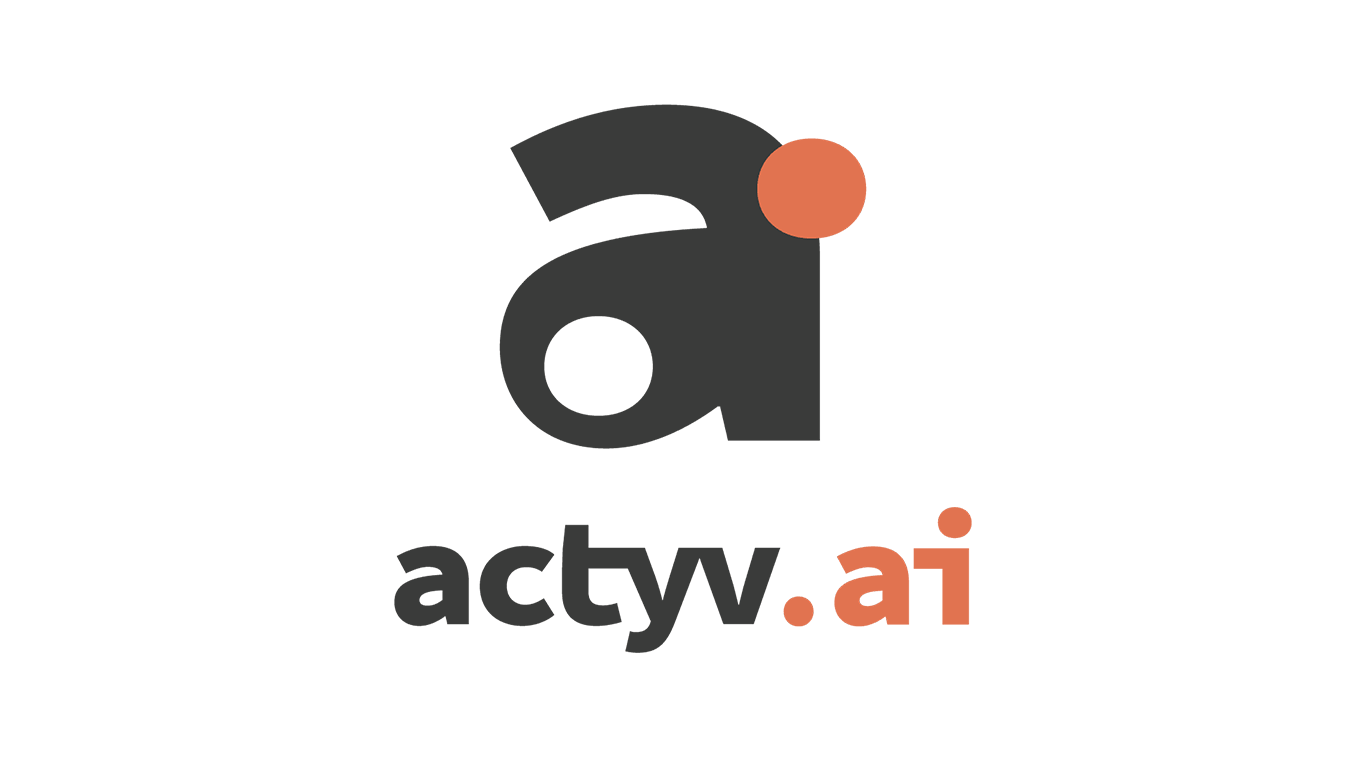
actyv.ai, a category creator in the enterprise SaaS with embedded B2B BNPL and insurance space, has appointed two more advisors – R A Sankara Narayanan and Dr Ravi Duvvuru to advise the company on organisation building as well as ensure a strong regulatory and compliance foundation.
R A Sankara Narayanan was the Managing Director and Chief Executive Officer at Canara Bank, the third largest public sector bank in India. Prior to this, he was the MD and CEO of Vijaya Bank. During his tenure as Executive Director of Bank of India, he oversaw various segments of banking including treasury, International Banking, corporate credit, recovery, risk management, compliance, amongst others. He is currently an Independent Director at South Indian Bank, Centrum Capital Ltd and Centrum Broking Ltd. He's also a FTAC Member of KIFFB.
With over 40 years of experience, Dr Ravi Duvvuru, Founder and Designated Director of Duvvuru and Reddy, LLP, comes with a deep understanding of Regulations, Compliance and Governance domains in the financial sector. In his last role, Ravi was the President and Chief Compliance and Human Resources Officer for Jana Small Finance Bank. Prior to this, he was the Regional Head for Compliance for ASEAN & South Asia for Standard Chartered Bank and was based out of Singapore. Previously, Ravi was the Group Head of Compliance & Public Affairs for Kotak Mahindra Bank and Head, Compliance & Service Quality at HDFC Bank. He started his career with the Reserve Bank of India and worked in Supervision, Regulatory, Foreign Exchange Management and Human Resources functions. Ravi was an integral member of various committees of the central banks and industry bodies in the ASEAN and South Asia. He has an Honorary Doctorate in Regulatory Compliance & Corporate Governance in the financial sector, Masters in Economics and is a Certified Associate of the Indian Institute of Bankers. He has also done a Leadership Development Program at Oxford University, UK.
“We are very happy to welcome two new advisors, R A Sankara Narayanan and Dr Ravi Duvvuru. Both of them have been entrenched in the banking ecosystem with demonstrated experience in organisation building and compliance. Globally, the compliance and regulatory ecosystems are highly dynamic and complex. As actyv.ai accelerates towards superlative growth, both these accomplished industry stalwarts will play a critical role in laying the foundation and ensuring compliance with law”, said Raghunath Subramanian, Founder and Global CEO, actyv.ai.
Commenting on this association, R A Sankara Narayanan said, “actyv.ai is a category creator in the enterprise SaaS with embedded B2B BNPL and insurance space. With my understanding in the functioning of large enterprises and banking industry, I strongly believe in the vision of actyv.ai to bring about the much-needed transformation and engagement in the supply chain ecosystem leading to growth”.
Speaking about this, Dr Ravi Duvvuru said “actyv.ai is transforming the global B2B supply chain by making business transactions faster and easier through their technology-driven embedded offerings (BNPL, insurance and finance) platform. Strong compliance increases the efficiency and effectiveness of product offerings. At this crucial stage of global expansion of actyv.ai, I am happy to contribute in further strengthening the company’s Compliance and Governance framework”.
This follows the company’s recent announcement of onboarding its first two advisors - Balasubramanian Chandrasekaran and Tara Subramaniam.
Related News
- 08:00 am
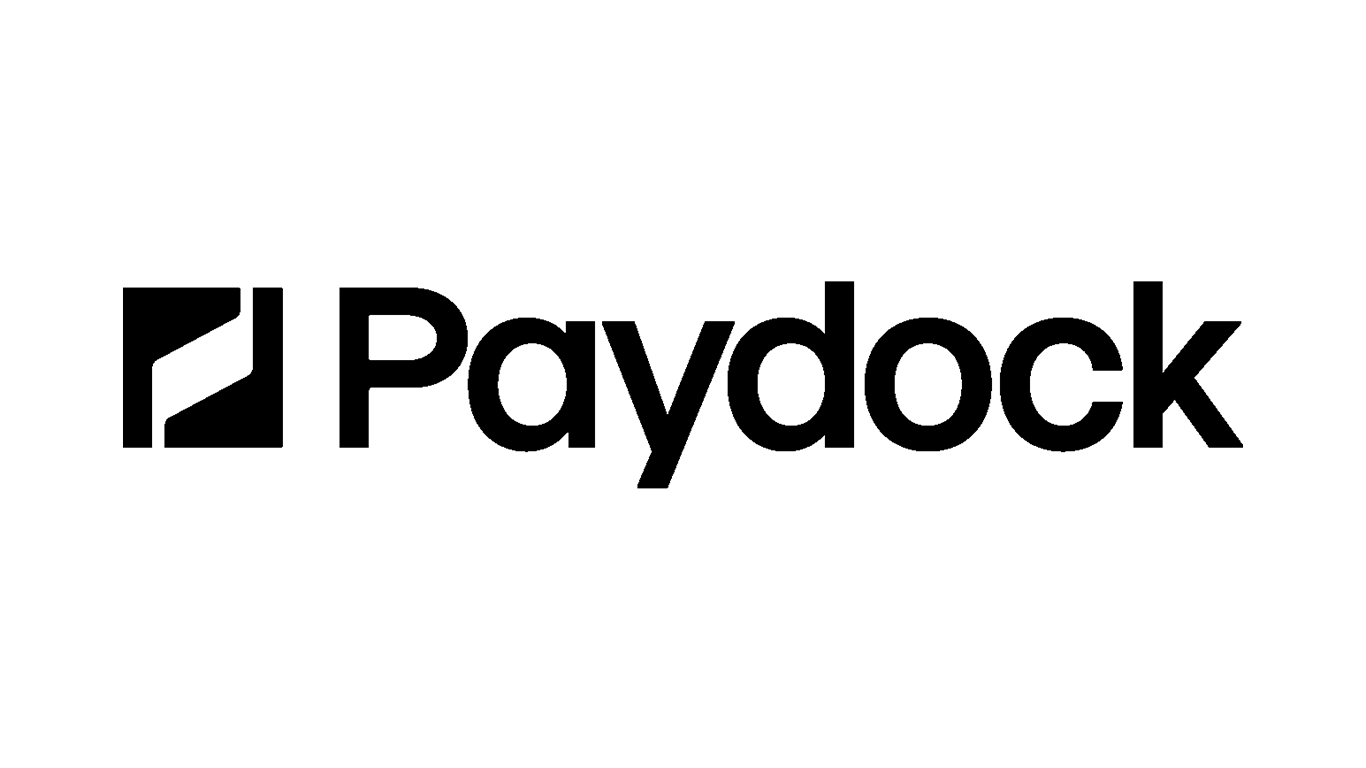
Paydock, the payments orchestration platform, has partnered with a major Australian banking group The Commonwealth Bank of Australia (CBA) to launch PowerBoard, a uniquely simple solution for a merchant’s technology integrations, payments, and fraud prevention needs.
Delivering a first in Australian banking, PowerBoard will make enabling and scaling online businesses much easier by streamlining connectivity to payment services via a single platform. PowerBoard will offer traditional card payments, domestic payment methods, as well as other alternative payment methods, and services such as fraud and security features will be pre-integrated.
PowerBoard adds a single, simple-to-use layer that allows merchants to ‘plug in’ once, immediately reaching a range of payment methods wrapped in these further enhancements. Online merchants are now discovering orchestration-first payment strategies, yet they also want access to further innovation such as enhanced security tools, insights, and fraud-fighting services: features that require more technological sophistication to add than they typically have at their disposal. CBA PowerBoard merchants can leapfrog competitors as their needs change and more services are added to PowerBoard. Existing merchant back-end processes are spared significant disruption and the solution removes the need for data to be passed between a multitude of third parties, creating a safer risk environment.
CBA is white labelling the Paydock solution and has exclusive rights to distribute the product in Australia. Globally, Paydock is presently pursuing further significant partnership opportunities in the banking sector, notably in the UK, US, Canada, GCC, South Africa, Singapore, Hong Kong and New Zealand. The company processes millions of monthly payments through its platform for businesses across all industry sectors, including leading retailers, travel accommodation, insure-tech and not-for-profit. Paydock’s platform has generated substantial ROI gains for customers, dramatically shrinking the total cost of payments ownership, including back-office administration, processing, technical, compliance and opportunity costs.
Commenting on the PowerBoard launch, Rob Lincolne, CEO of Paydock, said:
“Merchants today need more support than ever. As fintech gathers pace across the globe, we are delighted to partner with the Commonwealth Bank of Australia as our exclusive distributor for enabling deployment of new payment, security, and insights services to support valued merchants looking for an edge online. Untethering payments from legacy solutions and enabling choice and flexibility alongside essential fraud and security features will lift the bottom line for many merchants and ensure they can remain focused on their own businesses, while meeting the needs of their customers in a secure, flexible way.”
Mike Vacy-Lyle, Group Executive, Business Banking at CBA, added:
“PowerBoard is a significant step for CBA as we look beyond traditional banking products and services to solve pain points for our customers and provide better, integrated solutions. This is about helping our business customers create better experiences for their own customers. We are incredibly excited to be the first bank to offer such a service and are looking forward to building out the offering in the coming months.”
PowerBoard is presently available to select business customers of CBA and a wider roll-out is scheduled for mid-2023.
Related News
- 01:00 am
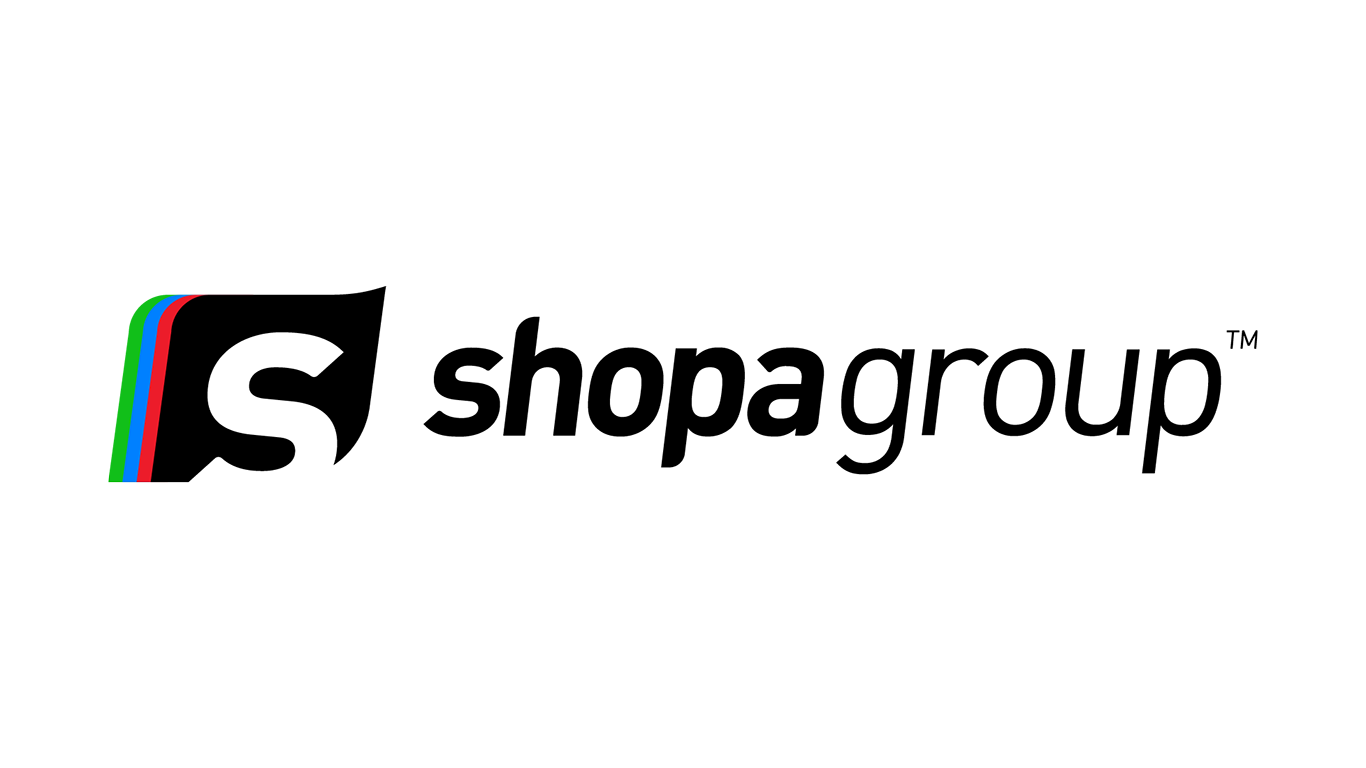
The pioneers of cashback and rewards in Australia, savings platform Shopa Group today announces the launch of its Equity Crowdfund campaign with Equitise.
Founded in 1986 by entrepreneur Simon McCord, Shopa Group is Australia’s leading savings platform for the retail and SME sector. Since its launch nearly 35 years ago, The Shopa Group business has grown to have over 160,000 customers and generates over 1.25 billion ads annually, making it one of the largest advertising content creators in the country, with an annual turnover of $10 million.
As a bootstrapped company, Shopa Group has never taken on outside capital, until now, this week it will look to external capital for the first time, raising $1.5 million with Equity Crowdfunding platform Equitise, with a wholesale and retail investor offering with investment from as little as $250 to become a co-owner in the business.
Funds from the raise will allow Shopa Group to accelerate its growth, with the aim of reaching $16.9m in revenue by FY25 at a 29% EBITDA margin.
Shopa Group offers an unmatched experience serving SMEs in Australia with a significant advantage to take a share in a market that has been overlooked by existing cashback providers.
Shopa Group is gearing up to offer consumers its new cashback rewards and prepaid deals offering under the Shopa Group umbrella, looking to scoop up market share in the $27 billion cashback industry in Australia and over $100 billion cash back industry globally, that’s anticipated to grow to $200 billion globally by 2024.
Capital raised will go towards building out the sales team to grow the cashback and SME digital services offerings, increasing marketing manpower in order to grow the user base across digital channels, as well as incremental improvements to the tech stack in order to drive a slick and modern UX.
With a strong footprint in New Zealand and a growing network in Australia, Shop Group is looking to aggressively scale its cash-back offering, using transactional data and geography mapping to help SMEs attract new customers to their business and sales funnel.
With distribution across 1,300 supermarkets and retail stores across Australia and New Zealand, Shop Group remains the number one player in savings for SMEs, with a diverse product offering with its three brands Shopa Docket, Shopa Docket Cashback and Shopa Marketing.
Related News
- 05:00 am
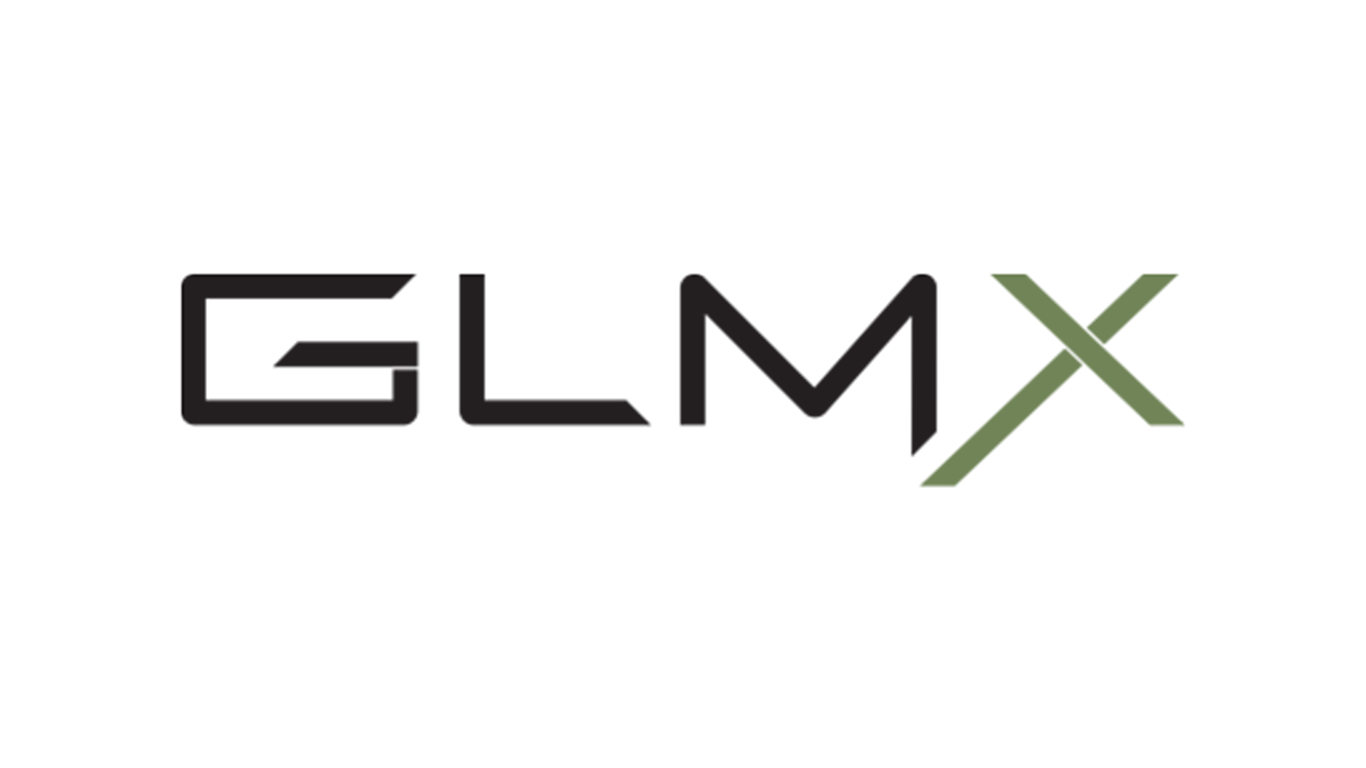
GLMX Technologies LLC (“GLMX”), a comprehensive global technology solution for trading Money Market instruments, including repurchase agreements and securities lending transactions, yesterday eclipsed $1 Trillion in daily balances for the first time. These balances represent the trading activity of some of the largest global financial institutions which utilize GLMX technology to negotiate and execute securities financing transactions (SFTs). Since its inception, GLMX has seen $120 Trillion in volume executed via its technology.
“The $1 trillion mark is a major milestone for GLMX, and reflects the powerful and ongoing technology shift in the overall securities finance industry”, said Glenn Havlicek, CEO and Co-Founder of GLMX. “Achieving this number, seemingly unreachable a few years ago, is a testament to the hard work done by the talented team at GLMX and the commitment of our network of leading market participants who use our technology every day.”
“GLMX has established itself as the leader in Dealer-to-Client (D2C) electronic negotiation and execution of securities finance transactions and our firm has played a significant role in defining the sector,” added Sal Giglio, COO of GLMX. “We have seen the adoption of GLMX trading technology increase dramatically over the past two years as many dealers and buy-side firms now view electronic trading as a prerequisite to establishing a comprehensive trading relationship”.
Andy Wiblin, Chief Product Officer, said “Growth has been driven by existing and new client activity globally across a diverse collateral set, with the balance, split equally between flow coming from North America and that from EMEA.”
“Money Markets are a massive and globally overlapping ecosystem. And while the move to digitalization in those markets appears to have passed the tipping point, there is still enormous work to be done. GLMX is thrilled to be part of that evolution.”
Related News
- 01:00 am

Paymentology, the world’s first truly global issuer-processor, is today proud to announce its support of customer Tweeq, a leading Saudi Fintech, on being among the first in the Kingdom to achieve an e-money license from The Saudi Central Bank (SAMA).
With its official SAMA license, Tweeq will soon launch its mobile-first super-app which boasts an ecosystem of features and services tailored to the needs of millennials and Gen Z, ultimately empowering them to transact in a highly efficient digital way.
Thanks to its partnership with Paymentology, Tweeq is able to make its vision a reality. Paymentology’s Banking.Live platform has a proven track record of deploying in regions with on-soil or regional data regulations, as well as unparalleled flexibility that supports Tweeq, and its customers, via an API.
The news comes at a time with ongoing activity around Saudi Arabia's fintech strategy, within its Vision 2030 mission, which aims to support the Kingdom in becoming a leading force in the sector.
The achievement of Tweeq’s license will support the vibrant country in its target to achieve 70% of non-cash transactions by 2025 under the Financial Sector Development Program.
Rowan Brewer, CEO of Paymentology commented on the announcement: “At Paymentology, we’re drawn to work with customers whose vision and ambition mirror our own. With Saudi Arabia undergoing its digital revolution, we are delighted to support this milestone of Tweeq’s which will play an inimitable role in the Kingdom’s move to cashless. We’re incredibly proud of our data-driven mada-certified platform which helps set up fintechs in the region with the richness and speed to market they need to succeed.”
Saeed Al-Bahairi, CEO of Tweeq, added: “In line with SAMA's role to promote the development of the financial technology sector, it was a key priority for us to achieve this license to help support the growth of the sector, and wider economy in the region.
While we underwent the licensing process, Paymentology remained a steadfast partner, continuing to provide us with world-class customer experience. We look forward to the future of our partnership and moving into the next phase together.”
Saudi Arabia’s fintech market is expected to reach transaction values of more than USD 33 billion by 2026 and the market is expected to grow annually by 15% (CAGR 2021-2026).
Related News
- 06:00 am
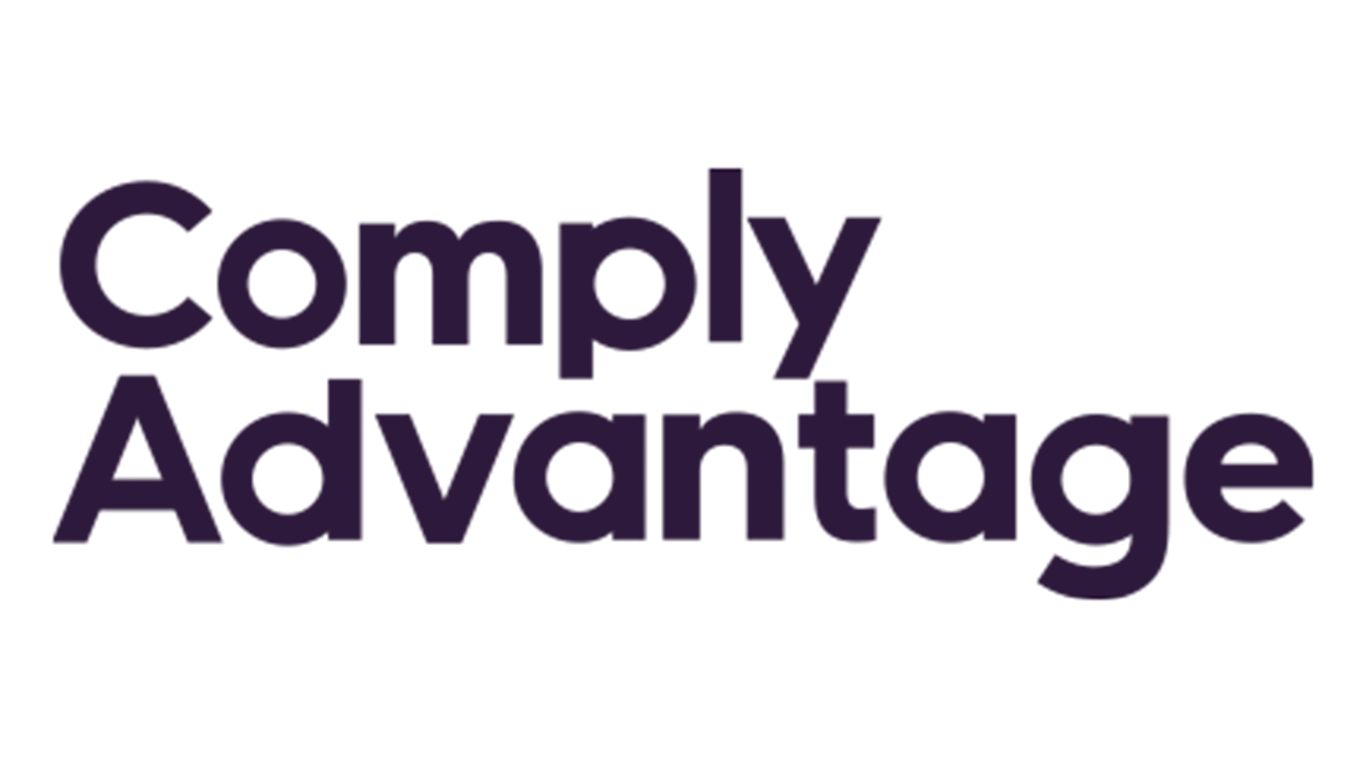
Iain Armstrong, Regulatory Affairs Specialist at ComplyAdvantage:
“While virtual/remote onboarding has generally been a societal positive in terms of widening the accessibility of financial services, it has also created new ways for criminals to game the system. The technology to digitally fake a person’s identity has worrying implications for bad actors.
We may see firms responding to this increased threat by introducing more friction in their onboarding processes, and seeking new forms of data for identifying and authenticating prospective customers.”
"Balancing the customer preference for slick, straight-through onboarding processes against the need for organisations to protect against criminal activity remains a difficult task. State-supported digital identity initiatives, such as the European’s Union’s EUDI Wallets, and the eIDAS 2.0 regulation which will underpin EUDI, may hold the answer - although previous attempts to achieve similar goals have been marred by a lack of uptake and differing opinions between national governments as to to the most effective means to implement and maintain such a system.”
Alia Mahmud, Regulatory Affairs Specialist at ComplyAdvantage:
“From WeChat to Alipay, super apps are the norm in the East and this trend is now moving towards the West with the rise of all-in-one apps resulting in billions of people carrying out a large part of their mobile activities from a single app, from messaging friends, ordering products and services, ridesharing and banking. Although they offer convenience to consumers, they’re also convenient for fraudsters. With a platform to collude on and share information through, criminals can target super apps for account takeovers, to set up fake accounts using stolen personal details, abuse referral systems, and commit payment fraud."
"With talk of Meta, Twitter, and Uber going ‘super’ with the introduction of features like payment services, traditional fraud prevention methods might become ineffective. Any firm considering this route needs to ensure its processes, controls, and technology can effectively detect and prevent financial crimes. Otherwise, these apps will be vulnerable to criminals.”
Alia Mahmud, Regulatory Affairs Specialist at ComplyAdvantage:
“The Russia - Ukraine conflict has paved the way for greater cooperation and an enhanced partnership between the UK and US Treasuries. This enhanced partnership between the UK Treasury’s Office of Financial Sanctions Implementation (OFSI) and the US Treasury’s Office of Foreign Assets Control (OFAC) will not only facilitate the sharing of information and best practices but will also allow enforcement actions to be scaled at large."
"Attorney General Merrick Garland stated in March that the U.S. government would “leave no stone left unturned” when enforcing U.S. sanctions violations. In June, Deputy Attorney General Lisa Monaco likened the DOJ’s dedication to sanctions enforcement to its previous focus on the Foreign Corrupt Practices Act (FCPA). Monaco explained that the DOJ has brought “a new level of intensity and commitment to sanctions enforcement,” such that sanctions enforcement is “the new FCPA.”
"Keeping in tune with the US Treasury, the new OFSI strict liability test for imposing civil monetary penalties which came into force on June 15 2022 indicates a shift in attitude toward enforcement actions. Where previously the OFSI was required to prove that the relevant person had knowledge or reasonable cause to suspect that they were breaching financial sanctions, now the OFSI will simply be required to prove that there was a breach of financial sanctions by the relevant person. This change also reflects the U.S. financial sanctions model of strict liability and will make it significantly easier for OFSI to impose monetary penalties on companies and individuals who breach sanctions, including for inadvertent violations.”
"With the dizzying economic sanctions and export controls directed against the Russian government, Russian banks, operating companies, and individual firms might find themselves subject to monetary penalties for inadvertently subverting these sanctions, leaving them exposed to significant fines. This will put a greater burden on compliance teams who are already grappling with a litany of financial crimes and terrorist financing threats to mitigate, and firms struggling to retain staff and business in these tough economic times.”
Alia Mahmud, Regulatory Affairs Specialist at ComplyAdvantage:
“With no laws governing the voluntary carbon offsets market, critics call it the ‘wild west of carbon markets’ with poor transparency credentials. The offset model rests on the idea that carbon emitted in one part of the world will be reabsorbed in another. This has led to land grabs in areas where indigenous rights are not well recognised. It also disadvantages for poorer countries to account for their own emissions. Offsetting incentivises the commodification of nature and allows powerful corporations to take over the lands of vulnerable communities, risking human rights abuses. When credits are sold for projects that would have happened anyways, there is a problem.”
"Oxfam has calculated that the fossil fuel industry alone could require 500 million hectares of land to offset its emissions by 2050 to reach net zero. With a shortage of land and increase in greenhouse emissions, the risk of circular scams to carbon offsetting in an already unregulated industry is likely to increase.”
Alia Mahmud, Regulatory Affairs Specialist at ComplyAdvantage:
“This year British Gas has been accused of misleading tens of thousands of customers by selling them “green energy” that may have no environmental benefit. The energy giant claimed to reduce its carbon footprint by using carbon credits which pump money into environmental work abroad, but an investigation found that almost half the carbon offsets held by British Gas owner Centrica are ‘junk credits’ that were issued under a discredited scheme, with nearly half of them having been banned from trading in the EU from 2013.”
"This example underlines that the sale of carbon credits is an unregulated activity. The FCA has rightly warned about scams in this space, and with many firms providing little to no transparency into their projects, it is easy for companies to ‘greenwash’ their credentials and activities behind the smokescreen of ‘net zero’. Regulators have yet to define a supervisory and enforcement framework for ESG initiatives that ensures consumers and the environment are protected. This may well be coming in 2023.”
Alia Mahmud, Regulatory Affairs Specialist at ComplyAdvantage:
“Effective July 31, 2023, Consumer Duty will apply to new products and services, and existing products and services that remain on sale or open for renewal.”
"The FCA has termed the Consumer Duty as a ‘“paradigm shift” with the FCA wanting to see firms deliver a higher standard of customer care and protection, and to go further to equip consumers to make effective decisions in their interests. The final rules were published on July 27 2022 and firms are required to implement these rules for existing and new products and services by July 31 2023. Correct implementation requires a cultural shift in most organisations, requiring the right governance, systems, and controls to be embedded.”
"Under the new Duty firms will be required to review and potentially rewrite their product governance policies to ensure customer outcomes are considered across the product lifecycle, from inception to design, pricing, delivery, post-sales, and termination. The FCA expects firms to collect data and metrics that evidence fair outcomes for customers across this lifecycle. This requires firms to build out robust data analytics and data warehousing for reporting these metrics to satisfy themselves that the data they are collecting will enable them to identify and prevent potential problems before they occur.”
"Although the Consumer Duty gives rise to a new consumer principle i.e. a firm must act to deliver good outcomes for retail customers, it remains to be seen how compliance will be enforced. Rigorous enforcement will be important to ensure this becomes more than simply a tick-box requirement for firms.”
Russia, China, and the end of global payments
Related News
- 04:00 am

Viva Capital Funding, LLC ("Viva"), a leading invoice factoring specialty finance company, today announced the closing of $85.0 million in two bank credit facilities; consisting of $45.0 million for factoring and $40.0 million for land banking. This transaction follows a successful $18.5 million investment-grade rated corporate note financing completed by the Company in June 2022. Proceeds from the new facilities will be used by Viva for general corporate purposes and to support the continued growth of the business.
Since inception, Viva has purchased over $2.5 billion in receivables from customers nationwide.
"We greatly appreciate the confidence and strong support of our bank lending partner," said Viva's President, Greg DiDonna. "The closing of these new credit facilities provides the Company significant flexibility to capitalize on opportunities we are seeing in the market and to further accelerate our core strategy — offering small business clients throughout the U.S. simple, fast and reliable funding solutions."
Michael Marshall, Director of Finance at Viva, added, "The Company continues to take proactive steps to improve our balance sheet. As we drive to execute our strategic growth initiatives, these credit facilities provide additional liquidity and further help to reduce our cost of capital."
Brean Capital, LLC served as the Company's Exclusive Financial Advisor and Placement Agent on the transaction.
Related News

Alex Daintith
Copywriter at Seeker Digital
The fintech sector see more
- 05:00 am
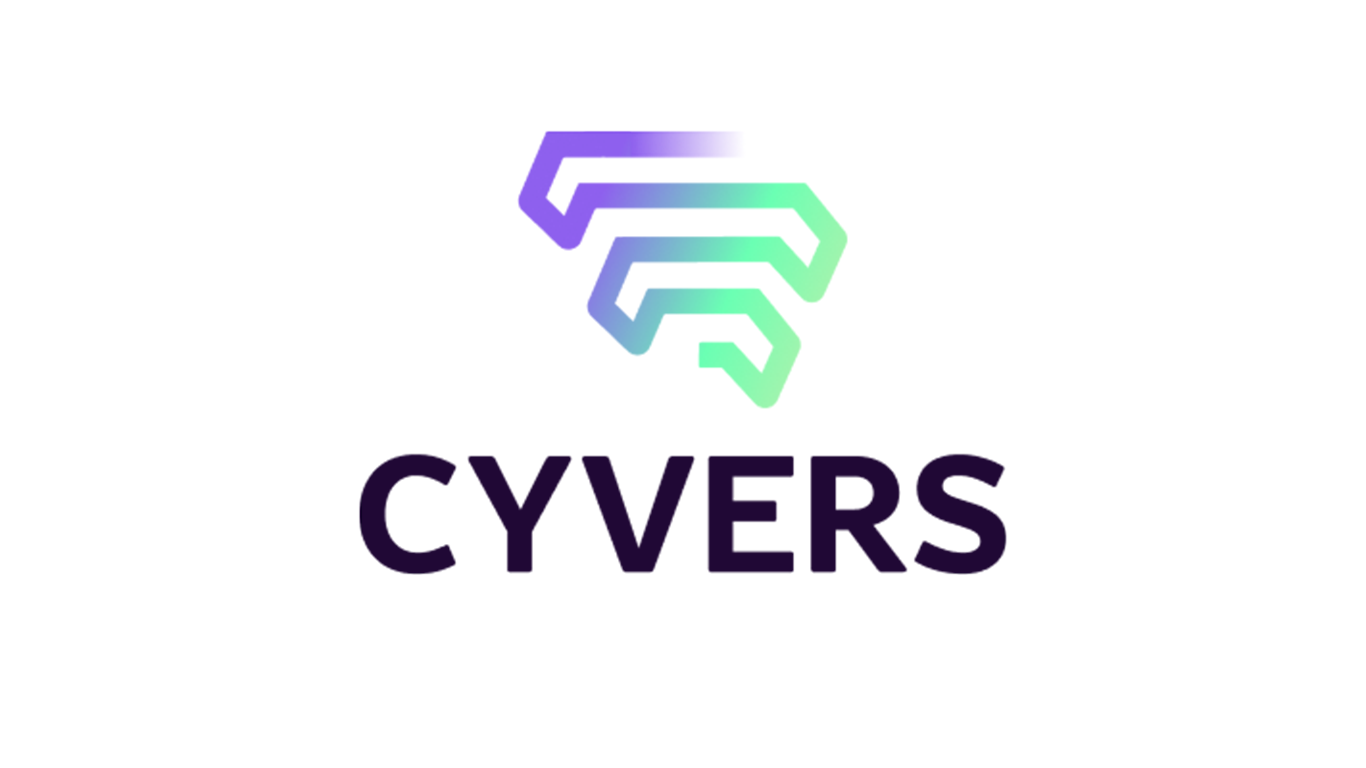
CyVers is a leading provider of state-of-the-art proactive Web3 Security for the centralized, decentralized finance and smart contract applications via detection and interception of crypto attacks across blockchains. The company has announced $8 million in funding led by Elron Ventures. This funding is joined by Crescendo Venture Partners, Differential Ventures, HDI, Cyber Club London, and Cyber Future. CyVers is developing agentless, plug-and-play, scalable, and highly accurate solutions to detect suspicious behaviour. This allows CyVers to capture transactions during the few moments between the time a transaction is broadcasted and when it is registered irreversibly to a blockchain ledger.
The company was founded earlier this year by experienced entrepreneurs, Deddy Lavid, who holds 11 patents in automated anomaly detection, sold his start-up, Presenso, to SKF as founder & CTO and later served as the CEO of the Israeli subsidiary, where he led hundreds of engineers and dozens of AI products. Meir Dolev led a start-up as CTO and later served as VP of R&D for the acquirer. In 2020, Meir joined Deddy to revolutionize the analytics space and establish four global development centers. CyVers has already secured customers such as Bit2C, Solidus Capital, and CoinMama, among others. “The profiles of our customers require absolute security, and CyVers provides excellent alerts about malicious activity," Said Eli Bejerano, Bit2C CEO.
Since the 2020 crypto rush, the market has been struggling with liquidity, volatility, and a lack of trader trust. This year alone, cross-chain bridge hacks have accounted for 69% of the total crypto funds stolen, amounting to $3.5 billion in losses YTD. In 98% of the cases, crypto exchanges, DeFi protocols, and custodians are not alerted about the fraud until after it has been immutably registered. “CyVers’ platform collects cross-blockchain data, streaming it to our sophisticated monitoring system,” said Meir Dolev, Co-founder & CTO. “Our analytics engine predicts evolving attacks while autonomously understanding attacker behaviours. These include smart contract exploits, private key leakage, Flashloans, etc. Once it detects the evolution of an exploit pattern, the AI system generates alerts while providing enough time to act and the best-known solution, before the exploitation and money laundering progresses.”
Moving away from blacklists, code auditing, and fund tracing, CyVers identifies cyber-attacks and carries out corrective measures within milliseconds. “We screened many teams in the web3 cybersecurity space. We feel privileged to partner with Deddy and Meir, second-time entrepreneurs that blend expertise from blockchain security with graph neural networks, and DeFi trading. CyVers will dramatically reduce the number of attacks and bring a safer crypto economy,” said Elik Etzion, Managing Partner at Elron Ventures. “Together, we are enabling a world of a trustworthy and transparent Web3.”









